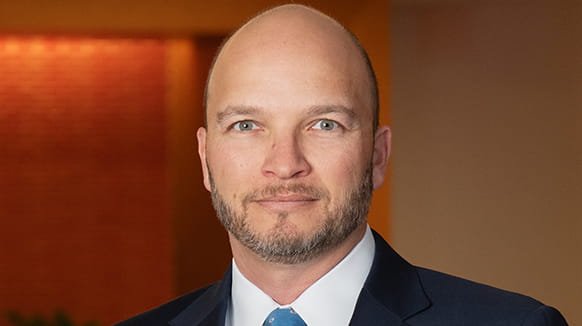On April 9, 2020, the Board of Governors of the Federal Reserve System (the “Board”) announced the establishment of the Main Street Lending Program (“Main Street Loan Program”), an up to $600 billion lending program for mid-size businesses. The Department of the Treasury, using funding from the Coronavirus Aid, Relief, and Economic Security (“CARES”) Act, will provide $75 billion in equity to a single common special purpose vehicle (“SPV”) in support of the Main Street Loan Program. On April 30, 2020, the Board announced revised terms for the Main Street Loan Program, including the introduction of a third loan facility.
Below is a high-level summary of the provisions relating to the revised Main Street Loan Program, under which eligible lenders may (i) originate new loans through the Main Street New Loan Facility (“New Loan Facility”); (ii) increase or upsize a borrower’s existing term loan or revolving credit facility through the Main Street Expanded Loan Facility (“Expanded Loan Facility”); or (iii) originate new loans through the Main Street Priority Loan Facility (“Priority Loan Facility” and, together with the New Loan Facility and Expanded Loan Facility, each individually, a “Facility” and collectively, the “Facilities”). A borrower may participate in only one of the Facilities.
This summary is based on term sheets and Frequently Asked Questions (“FAQs”), all of which were released by the Federal Reserve on April 30, 2020. The Board and Secretary of the Treasury may make adjustments to the terms and conditions described in such term sheets and FAQs. Further updates are expected with the release of formal regulations and guidance. Such guidance and regulations will provide further detail on the operation and administration of the Main Street Loan Program and may materially change the summary below.
There is currently no process in place to apply for a loan under the Main Street Loan Program, and its implementation awaits the formation and funding of the SPV and various other actions. Companies are encouraged to seek advice from qualified legal counsel before making business decisions based upon the anticipated commencement of this program.
Read the full article here.




